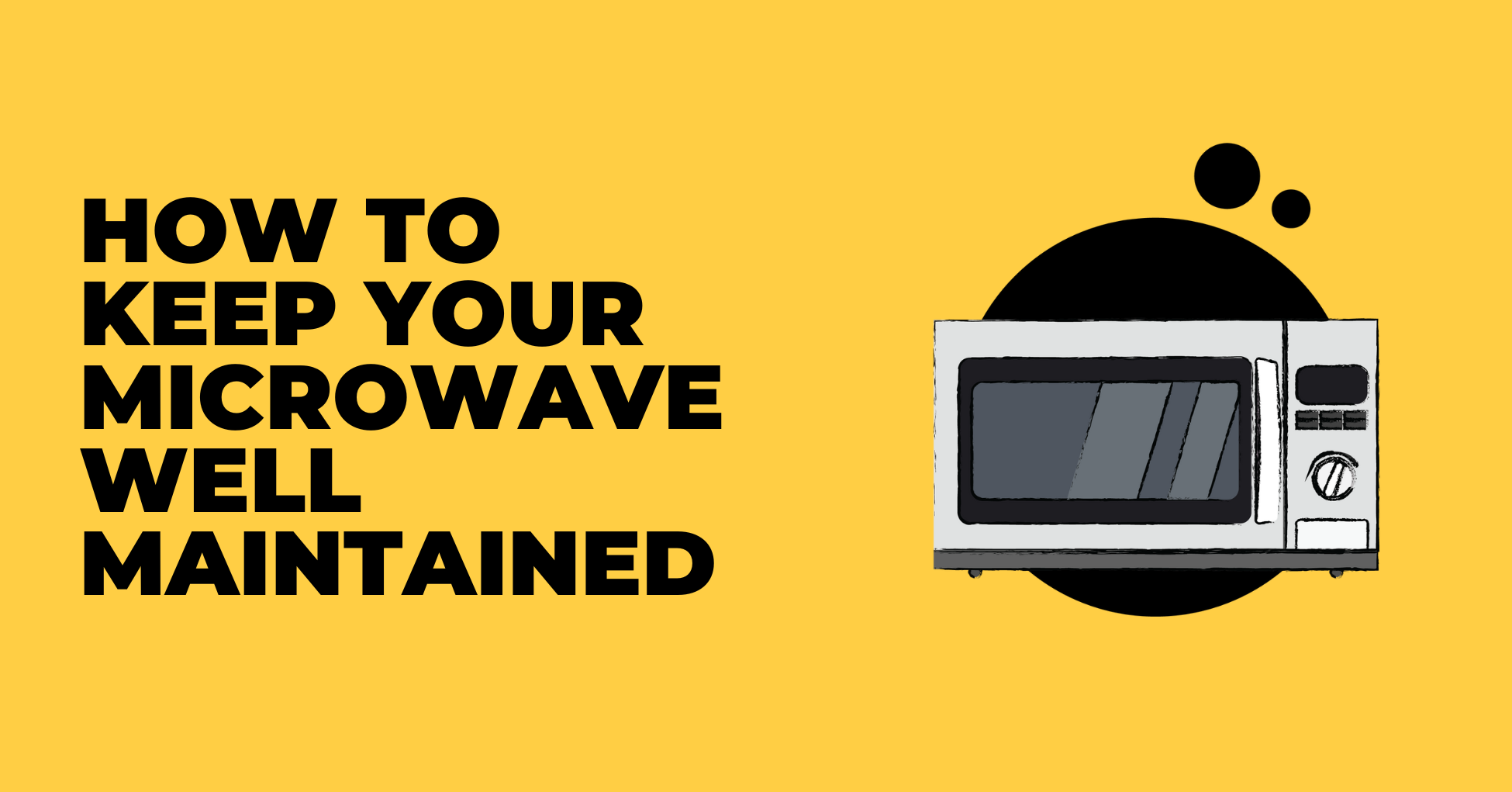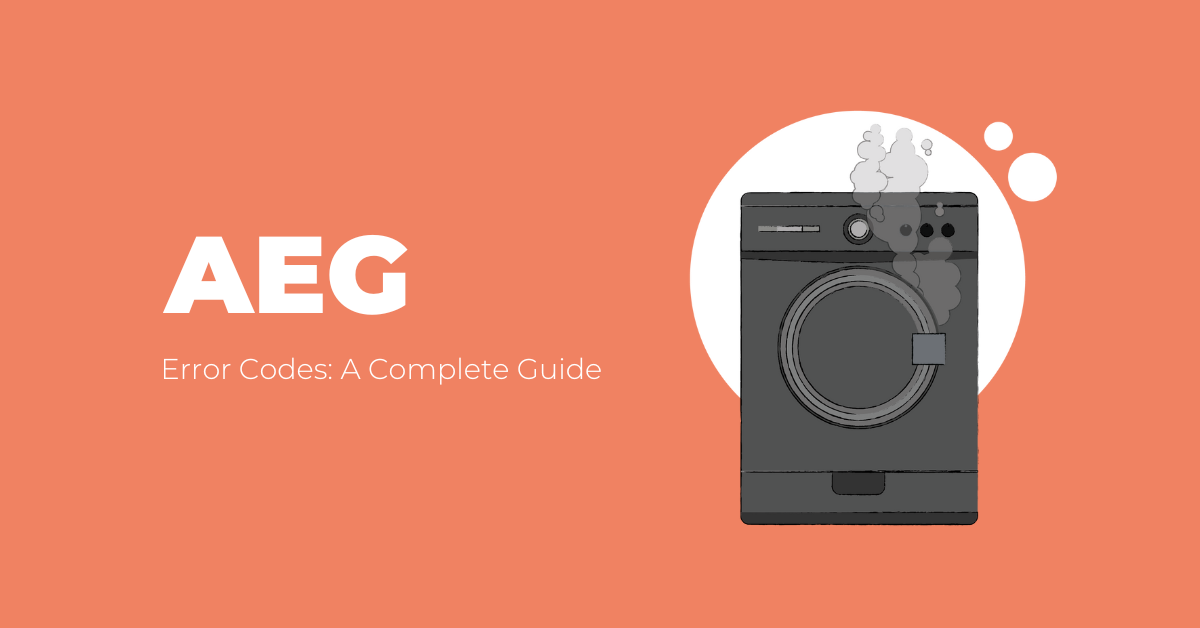
How to Keep Your Microwave Well Maintained
If you have a microwave you know how useful it can be for a quick meal or a speedy heat-up of some beans or vegetables. This is why they are so popular and almost everyone has one. They are used so regularly that people rarely think of how they may maintain them for longer life and peak performance. This is why we’ve created a list of top tips for keeping your microwave well maintained for a long life of use: have a read below.
Clean it Regularly
cleaning your microwave is one of the best ways to ensure longevity for your microwave. One thing about food splatters and dirt in your microwave is that they can take away energy from the microwave and create spots that burn and can even damage the microwave itself. The best way to clean your microwave is with soapy water (while it’s turned off of course) or if it is really caked on, a microwave/oven cleaner can work well too. You can also steam clean the microwave much like you can with your oven by putting a bowl of water in the microwave and letting the steam that evaporates loosen the dirt on the inside.
What Dishware Can I Use Safely?
Many types of dishware can cause fires, explosions, and sparks to fly in your microwave if you’re not careful, which can damage your microwave. This means it’s important to choose what dishware you put in your microwave carefully.
Items that should never go in the microwave are:
- Aluminium foil
- Metal cutlery or dishware
- Dishware with silver or gold decoration
Most ceramic, plastic, glass, and Perspex items are safe for the microwave but always check, as if it is safe it should have a label saying it is microwave safe. If you want to check, you can heat it up in the microwave for a minute and if it is really hot then it is probably safest to not use that for the microwave going forward.
Stop the Door From Getting Damaged
The latch on the door of a microwave is actually a more complex mechanism than most people would think. We’ve all failed to treat the door of a microwave properly before whether it’s by slamming it or opening it before the timer is done. This can all gradually wear down the latch mechanism in your microwave. Some microwaves have safety switches that only allow the door to open once cooking is done, pulling it open too early may break this switch, so it’s a good idea to learn your microwave’s mechanism and treat it accordingly.
Don’t Run With Nothing Inside
Microwaves should never be used without anything inside, this is because the microwave itself has to absorb the energy if nothing is inside it, which can seriously damage the components, meaning you’ll need to get it replaced or repaired which can cost a lot of money. Many people use their microwave as a timer, but usually, the microwave won’t need to be turned on for this, so be sure to use the separate timer function rather than letting the microwave run on empty.
Use the Pre Configured Cooking Modes
Most people will just put the food in the microwave and put a timer on and let it cook, without realizing this may actually be wasting some energy and therefore making your microwave work harder than it needs to. The pre-programmed modes on your microwave are designed to make the most efficient use of the microwave’s energy possible.
Abide by Weight Limits
If you are microwaving heavy dishes with lots of food in them then you may want to check you’re not putting too much pressure on your appliance, too much weight could put a strain on the plate in the microwave, as well as possibly damage the components inside the microwave, which would lead to bad performance and improperly cooked food.
Watch Out for Power Surges
Power surges can be really damaging to microwaves. To protect against surges that can be caused by all sorts of things, even lightning, be sure to plug your microwave into a surge protected socket, preventing you from ever having to take responsibility for a surge damaging your microwave.
Replace Parts When Needed
One important form of maintenance for your microwave is to replace parts that you’re able to when you can, parts like the turntable, the door latch and the turntable motor can all be replaced fairly easily and keeping up with these will ensure your microwave is always performing at its best and extend that life just a bit more.
Know When You Need an Engineer
Microwave ovens are still a complex piece of machinery that can deliver huge amounts of power, which is why it’s important to know when you need help from an expert appliance engineer that knows his way around a microwave like the back of his hand. Our Zest Fix-It-Team are perfect for the job, so if you ever need a repair, please get in touch rather than endanger yourself by trying to fix it on your own.
Final Word
These are all great habits to get into doing and checking regularly and with this you’ll see your microwave last a lot longer than it may have before, saving you money and hassle along the way. If your microwave is truly knackered, we’ve also put together a microwave buying guide so you can navigate the market and find yourself a brand new microwave that’s perfect for you.






